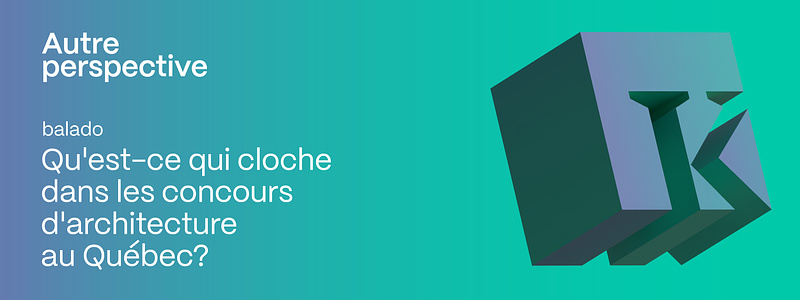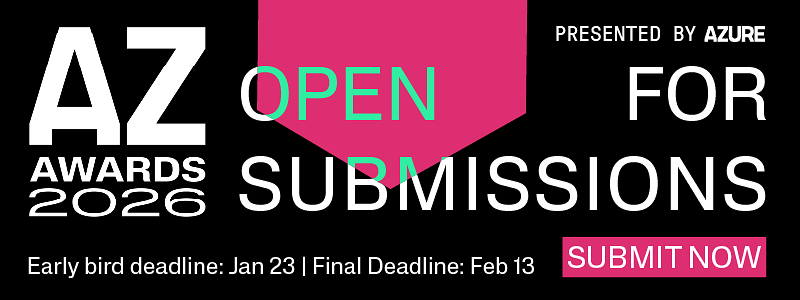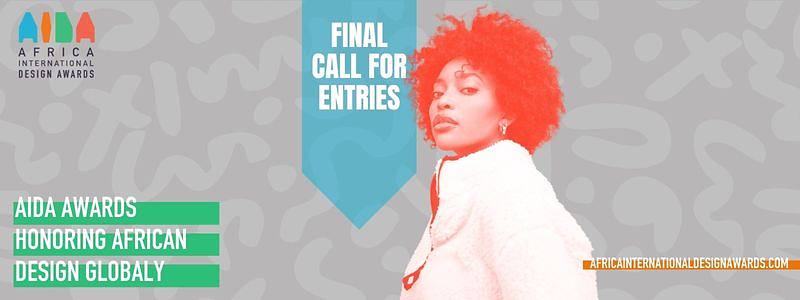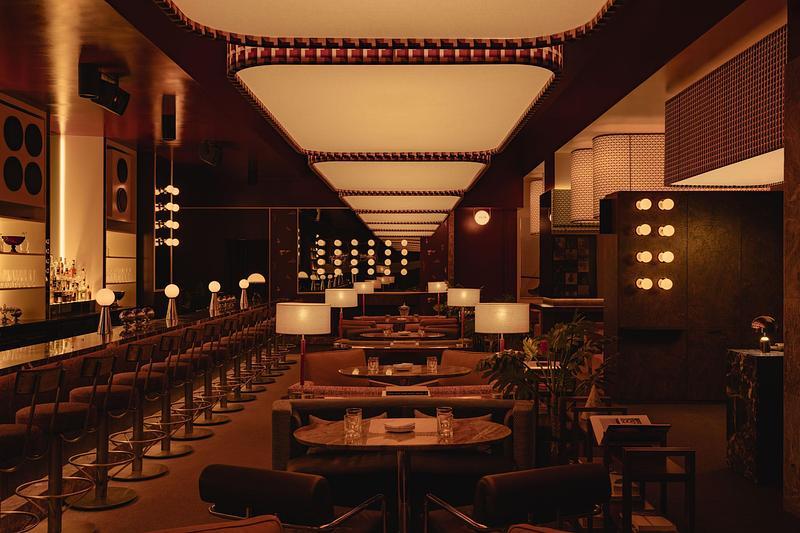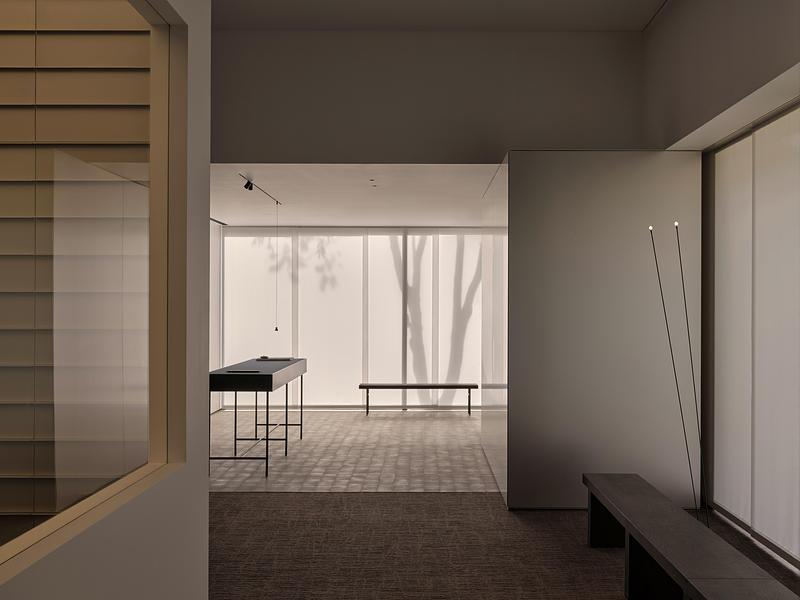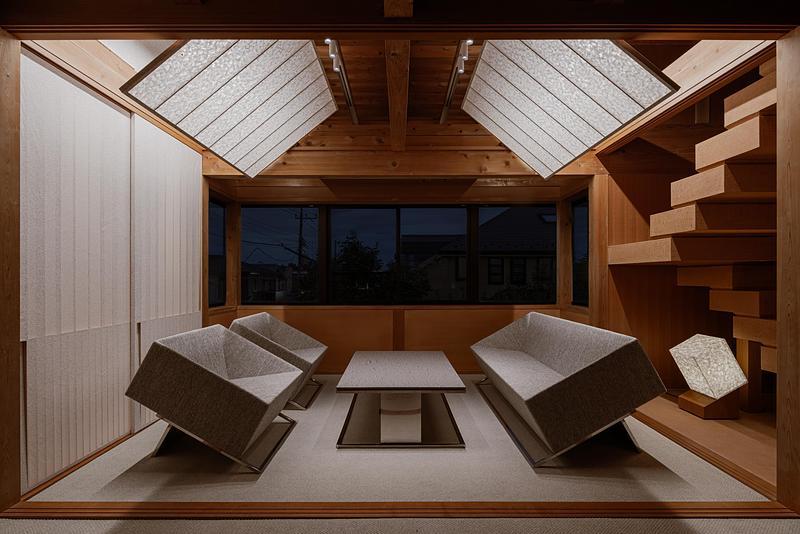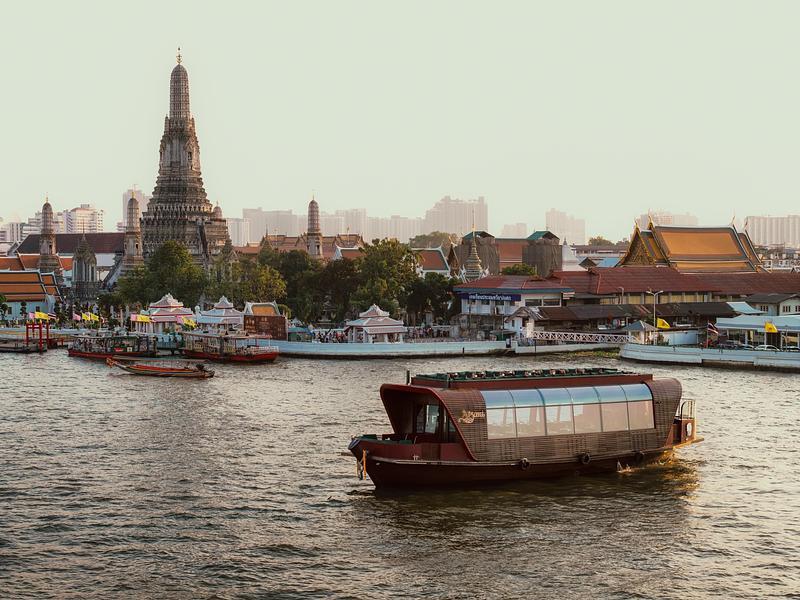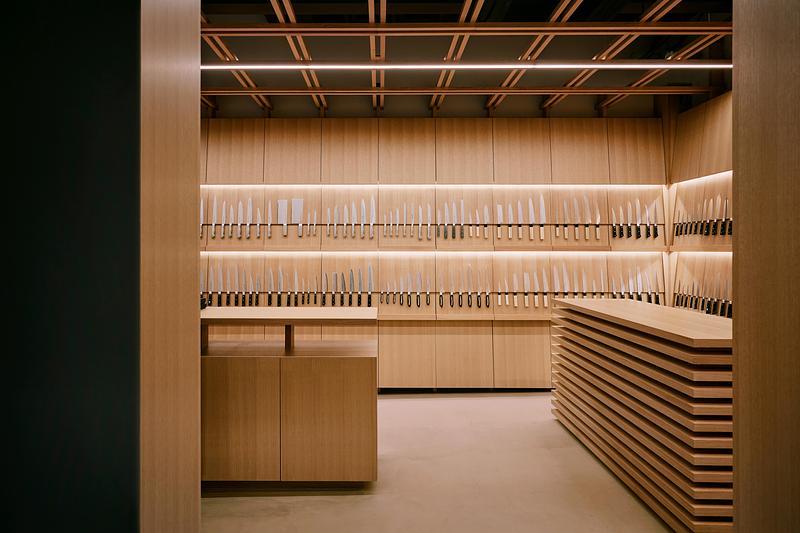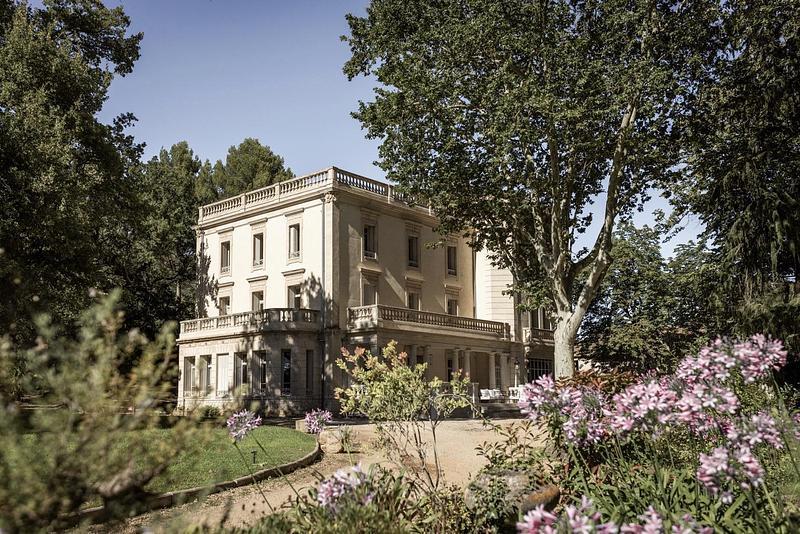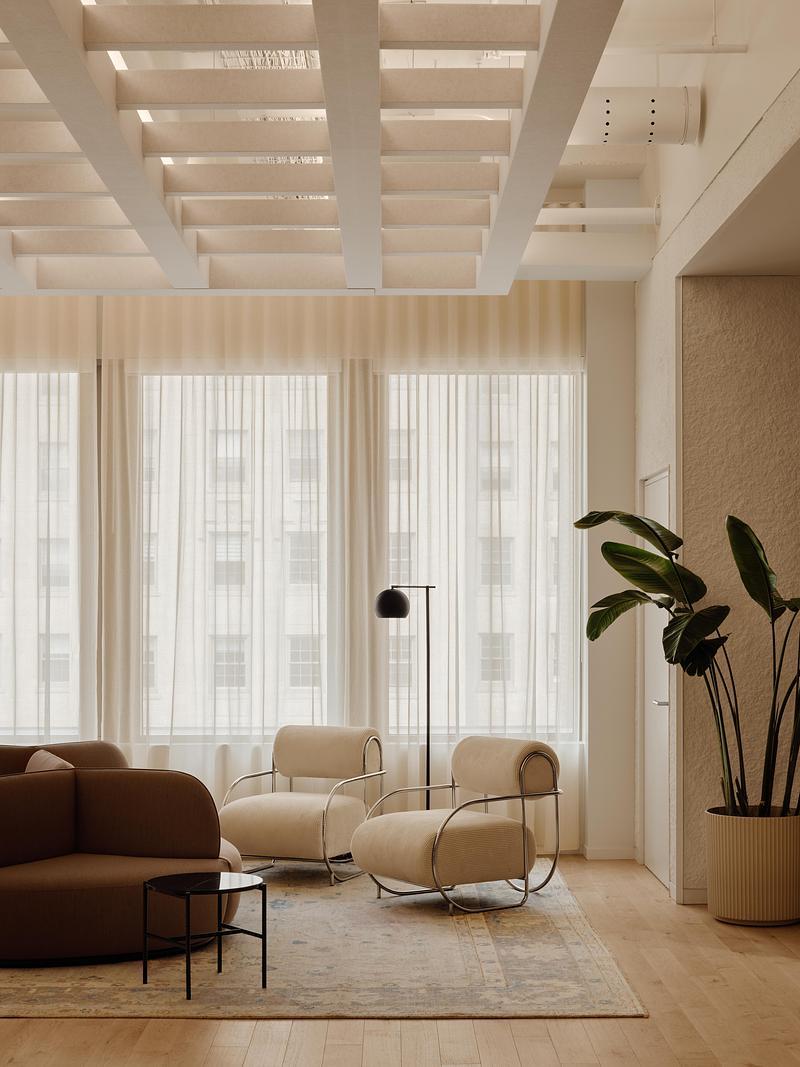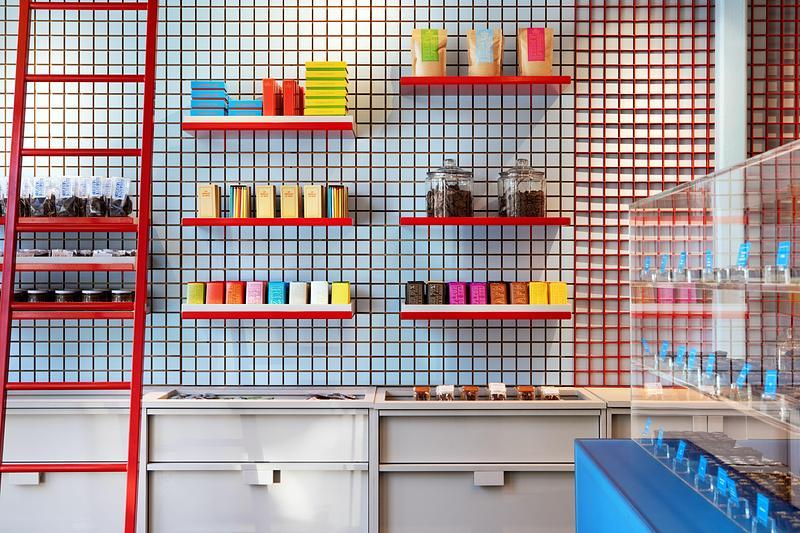
Dossier de presse | no. 5275-01
Communiqué seulement en anglais
Restriction de publication
Vous devez être connecté pour faire une demande d'autorisation de publication.
International Award for 'the Attic'
JDWA (Johan de Wachter Architecten)
The Dutch office JDWA (Johan de Wachter Architecten) has won an Architizer A + Award with the transformation of a large unused attic into a sustainable, dynamic, and contemporary working environment for Upfield.
Unilever has split off the margarine and spread department that will continue as an independent company called Upfield. The new company will bring together all its Rotterdam activities on one site. Offices, Research & Development, Logistics and production will take place in one building complex. The ground floors of the site are in use as factories for different products, logistics areas and warehouses. The upper floors are unused or underused. In this project JDWA investigated how and which building parts could be reused for the new office and meeting programs. Two projects are realized up till now: the Becelhuis(2018) and the Attic & Villa(2019).
New Way Of Working
All interventions represent the companies ambition to work differently. Next to a large number of workstations, different types of formal and informal meeting rooms are realized. Because of the special kind of work Upfield does, also kitchens and tasting counters are part of the program. The aim was to create a creative and dynamic workspace by activating the standard office program with a mix of informal and formal meeting rooms. The workplaces become fully flexible, which fits a contemporary agile working environment.
Identity & Character
The designs for both Attic and Becelhuis represent the new identity of the new company Upfield within the historical context in Rotterdam. The interiors are designed in close collaboration with the company’s representatives, in this way it aims to represent the ambition for the future of Upfield. Materialization, concepts of working, furniture, and green are examples of this.
Attic & Villa
The office space for Attic is located on the attic floor of the oldest factory building on the site. As a result, the building has historical qualities. In order to realize a contemporary landscape office, several interventions have been made. First of all, a number of walls without historical value have been demolished, this creates more possibilities for a redesign. The meeting rooms have been designed as furniture pieces with functions like telephone booths, repro spaces, product displays, and space for technical installations integrated into the walls. This way, the space is divided into different zones, each with its own character. The different floors of the villa and the attic are connected by a void, the double wooden gable roof is now visible from different floors. Finally, a part of the tiled roof has been replaced with glass. The new workplaces are therefore provided with the light and have a view over the river Maas.
Sustainability
Sustainability has been a main issue during the design process. Through intensive reuse and transformation, the building use has been optimized. The various interventions in the existing, intensive renovation of the building's exteriors and the new interventions in the interiors will extend the life of the buildings. The buildings continue their life with a new layer of character added to the historical layers.
Technical sheet
Completion: 2019
Office: Johan De Wachter Architecten, Rotterdam
Team: Marieke van Hensbergen, Johan De Wachter, Heejin Chung, Nicolette Marzovilla, Anna Kintsurashvili, David Zatloukal, Helen Devine, Xavier Aguilar, Virginia Lazarou, Marco Moretto and Patricia Mata
Client: Upfield Office (Rotterdam)
Address and Location: Nassaukade, 3071 JL Rotterdam, NL
Photographer: Sonia Mangiapane
About JDWA
JDWA is a design practice for architecture and complex urban development in the existing city with an approach based on research and design.
The approach is always grounded in the local context with regards to spatial aspects as well as the socio-cultural and economic conditions. Their work is grounded on the search for opportunities through innovative design research, on various scales, for places that at first sight only seem restricted. Designing together and for residents of the neighborhoods is a very important aspect of their work. Generic concepts and standard typologies are never used directly but change according to the project’s context and complexity.
Pour plus d’informations
Contact média
- JDWA
- Anna Wisse, MSc
- anna@jdwa.nl
- +31 (0) 10 28 070 32
Pièces jointes
Termes et conditions
Pour diffusion immédiate
La mention des crédits photo est obligatoire. Merci d’inclure la source v2com lorsque possible et il est toujours apprécié de recevoir les versions PDF de vos articles.
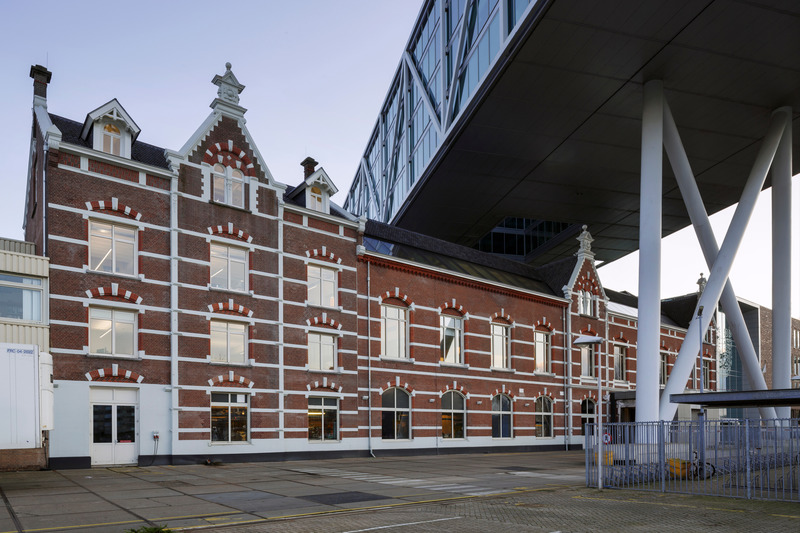
Image très haute résolution : 19.2 x 12.8 @ 300dpi ~ 7,2 Mo
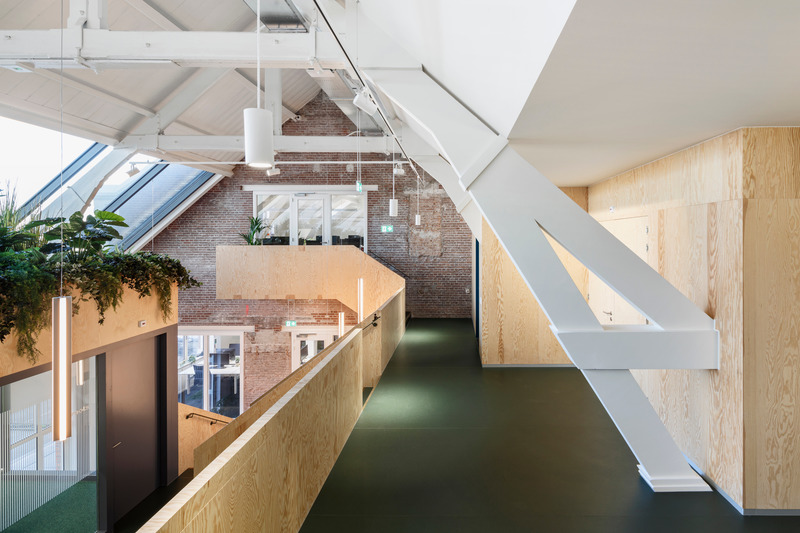
Image très haute résolution : 19.2 x 12.8 @ 300dpi ~ 7,3 Mo
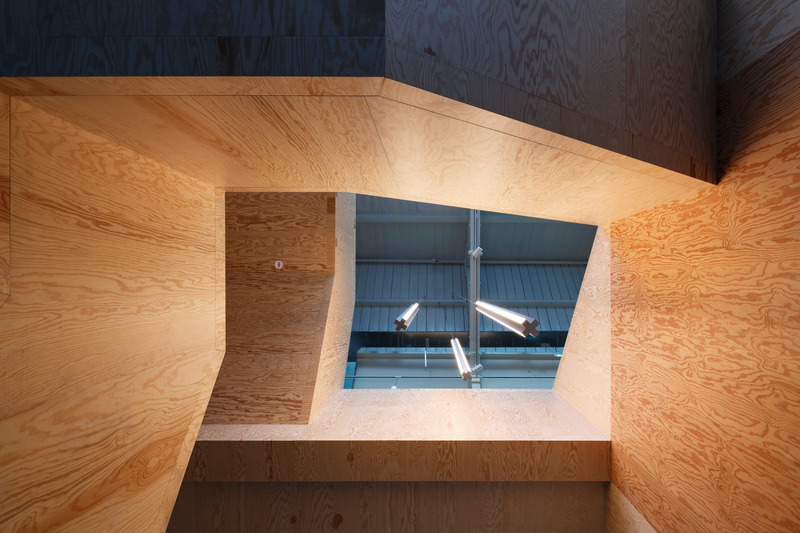
Image très haute résolution : 19.2 x 12.8 @ 300dpi ~ 7,6 Mo
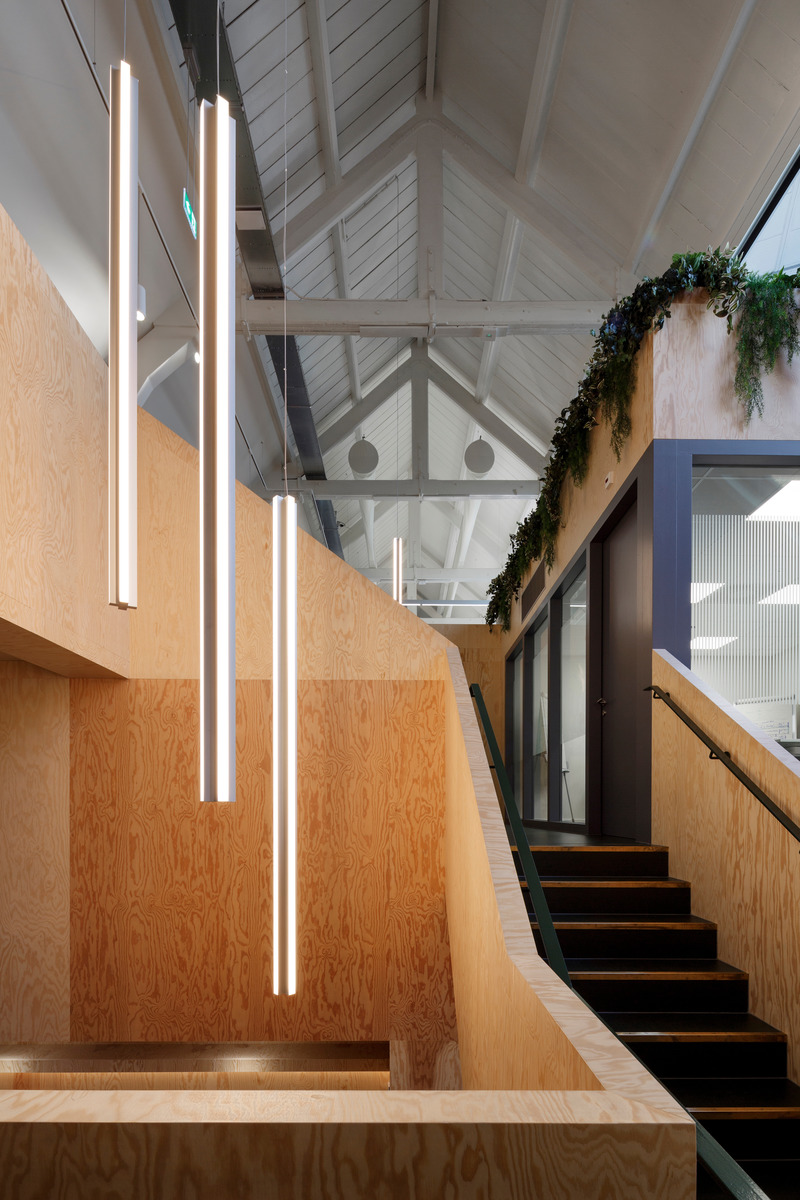
Image très haute résolution : 12.8 x 19.2 @ 300dpi ~ 7,1 Mo
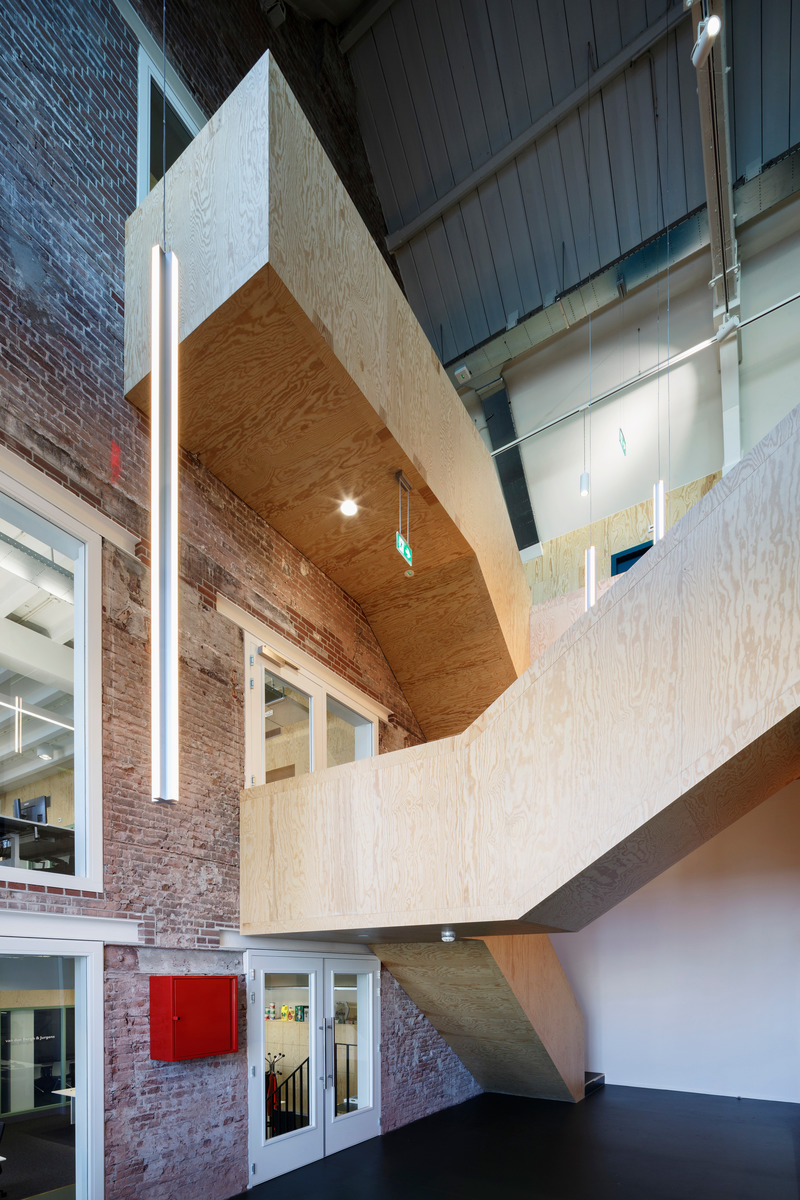
Image très haute résolution : 12.8 x 19.2 @ 300dpi ~ 5,3 Mo
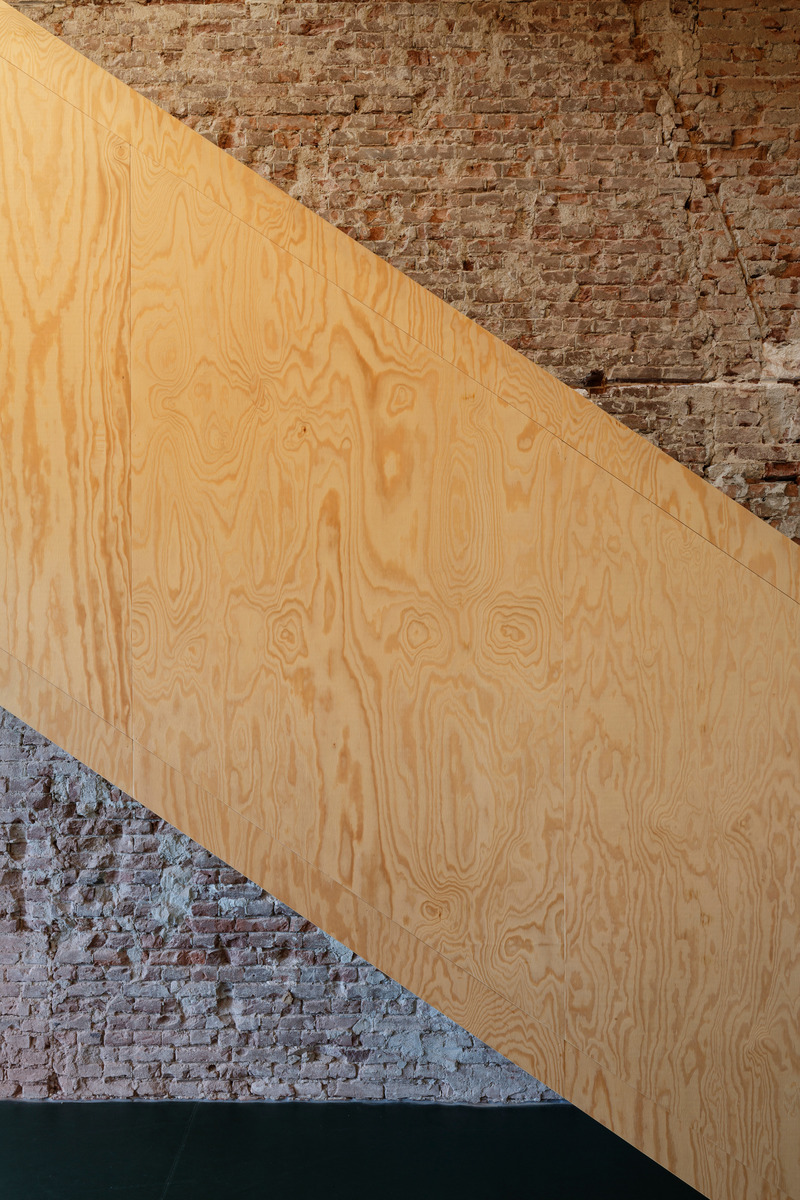
Image très haute résolution : 12.8 x 19.2 @ 300dpi ~ 9,4 Mo
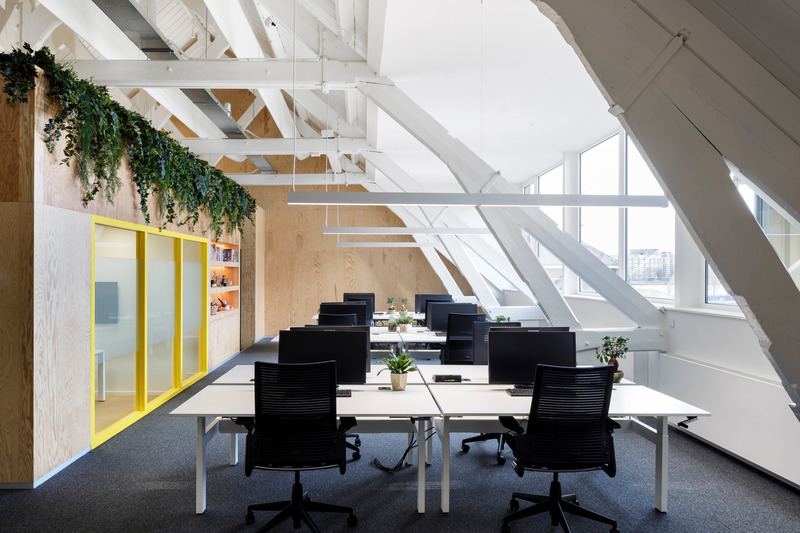
Image très haute résolution : 19.2 x 12.8 @ 300dpi ~ 7,4 Mo
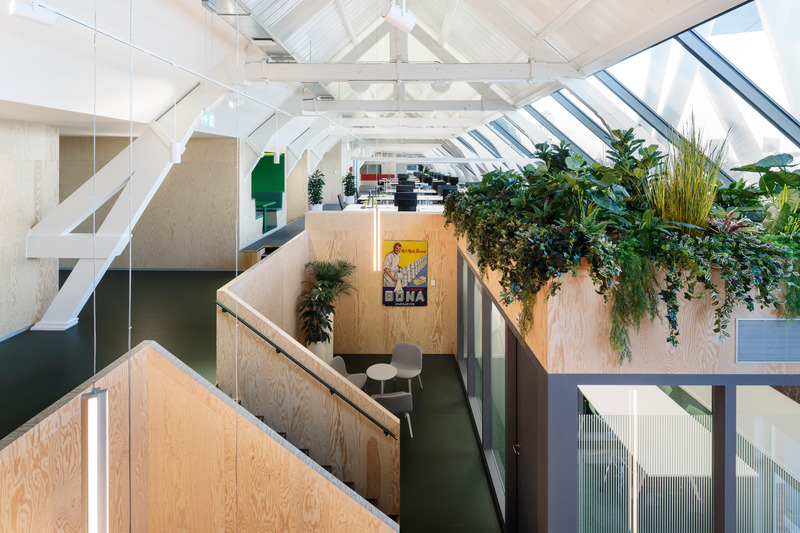
View from the Villa over the Attic.
Image très haute résolution : 19.2 x 12.8 @ 300dpi ~ 7,2 Mo
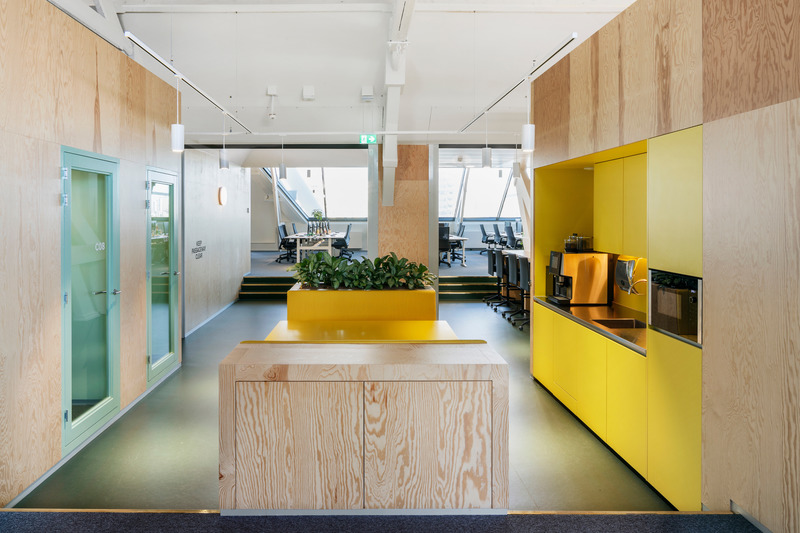
Image très haute résolution : 19.2 x 12.8 @ 300dpi ~ 6,7 Mo
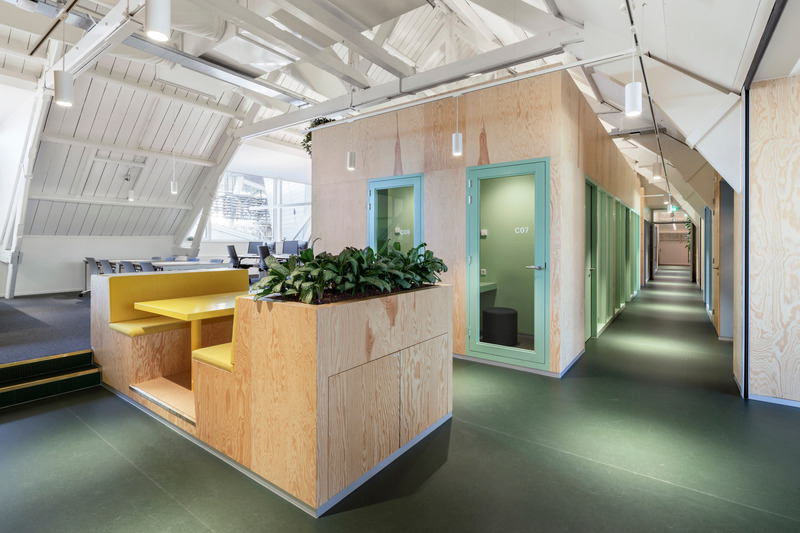
Image très haute résolution : 19.2 x 12.8 @ 300dpi ~ 7 Mo
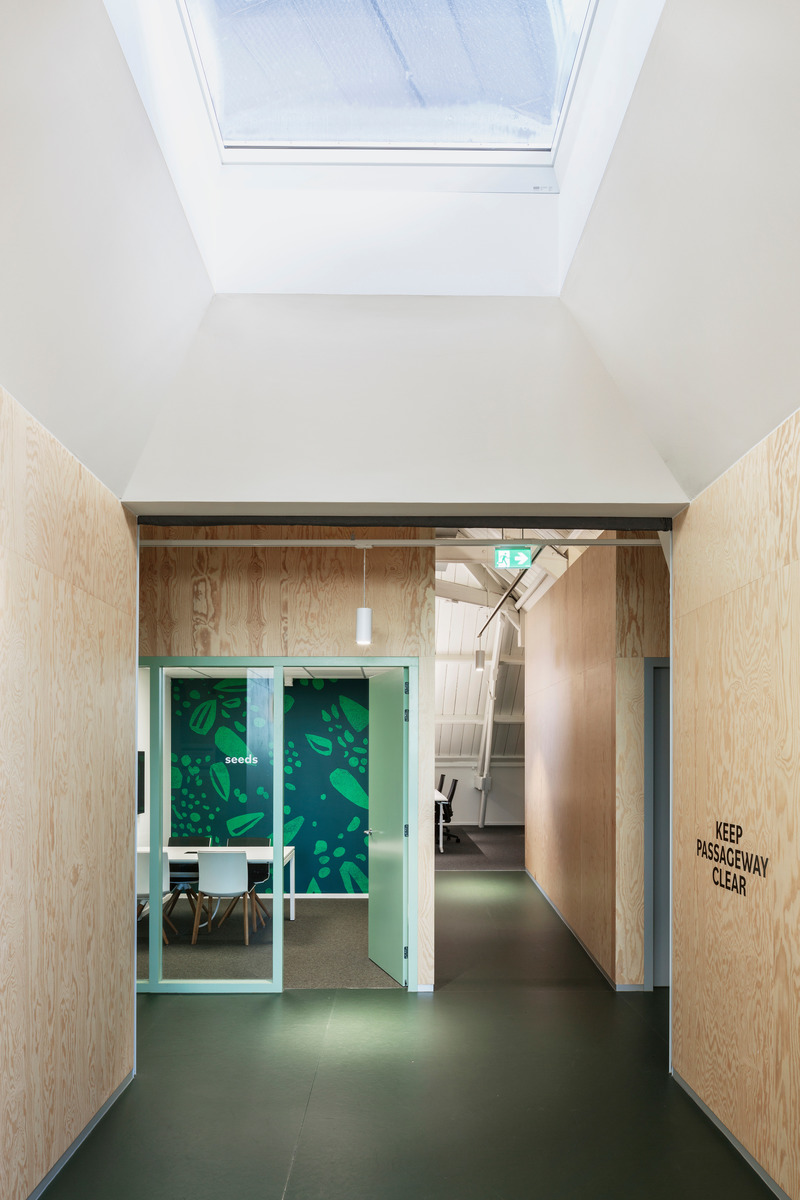
Image très haute résolution : 12.8 x 19.2 @ 300dpi ~ 6,1 Mo
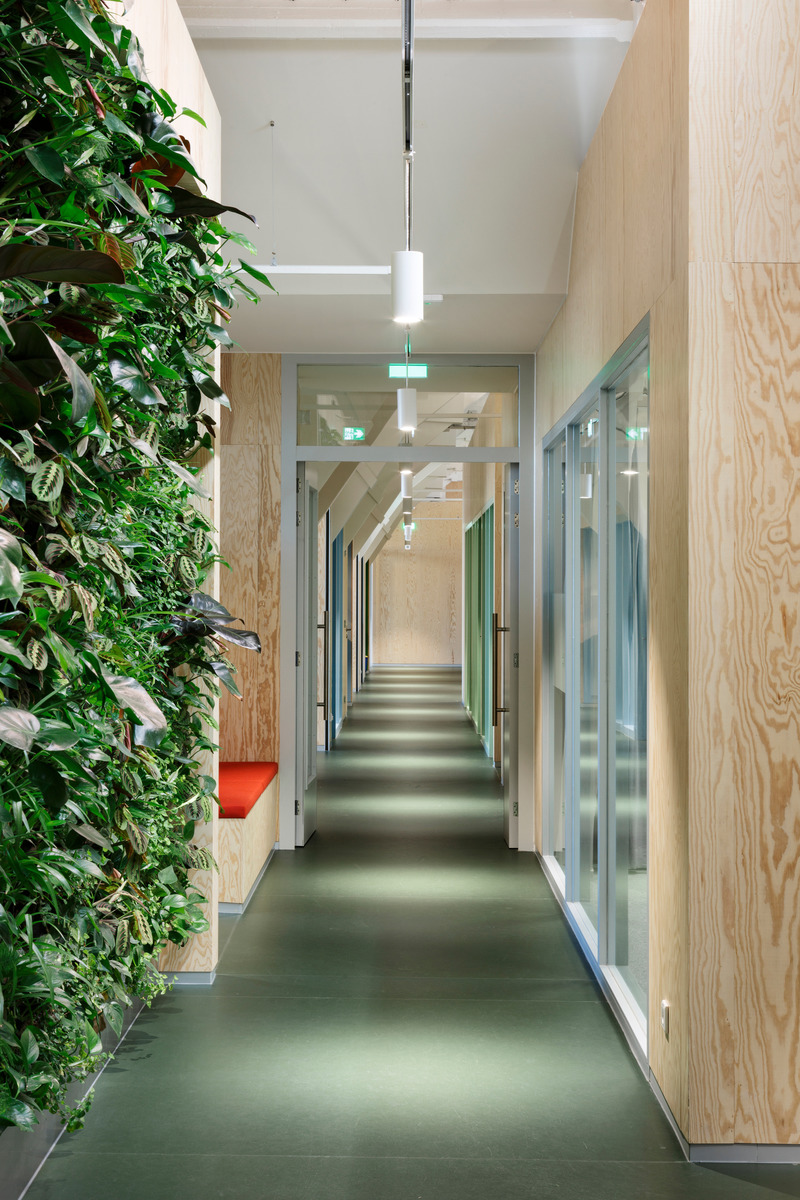
Image très haute résolution : 12.8 x 19.2 @ 300dpi ~ 7,2 Mo
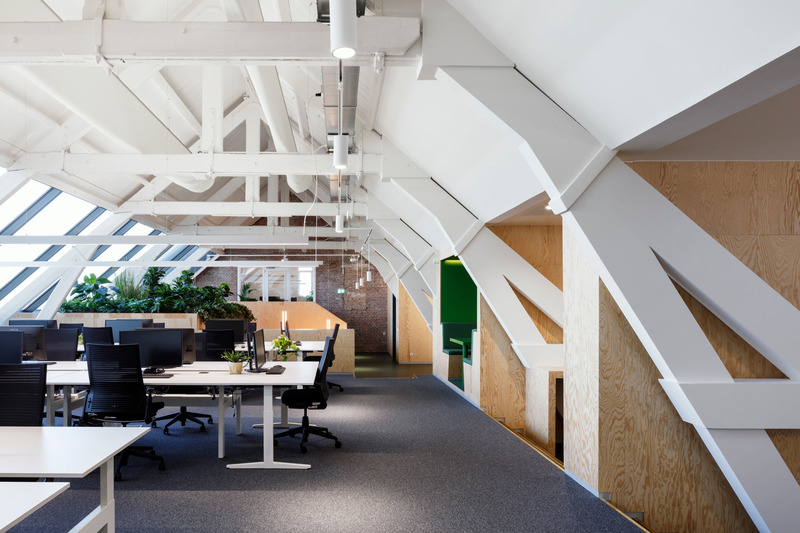
Image très haute résolution : 19.2 x 12.8 @ 300dpi ~ 4,6 Mo
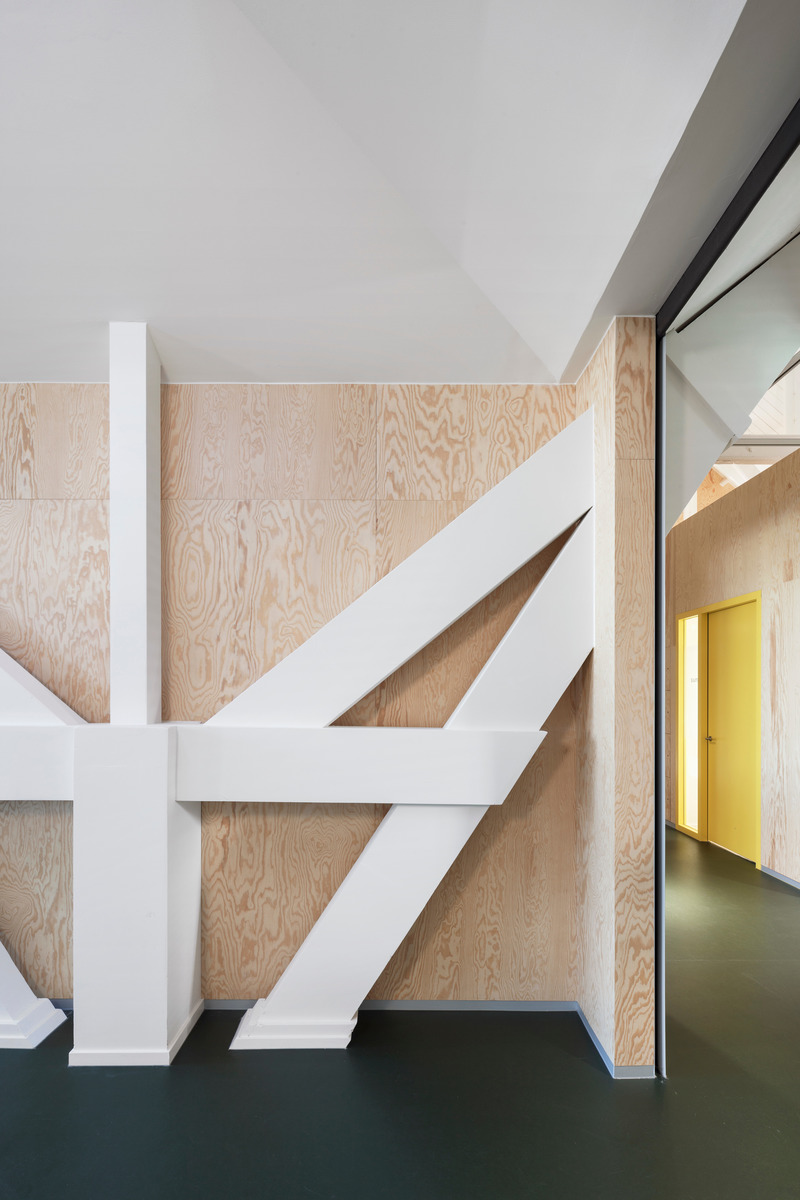
Image très haute résolution : 12.8 x 19.2 @ 300dpi ~ 5,2 Mo
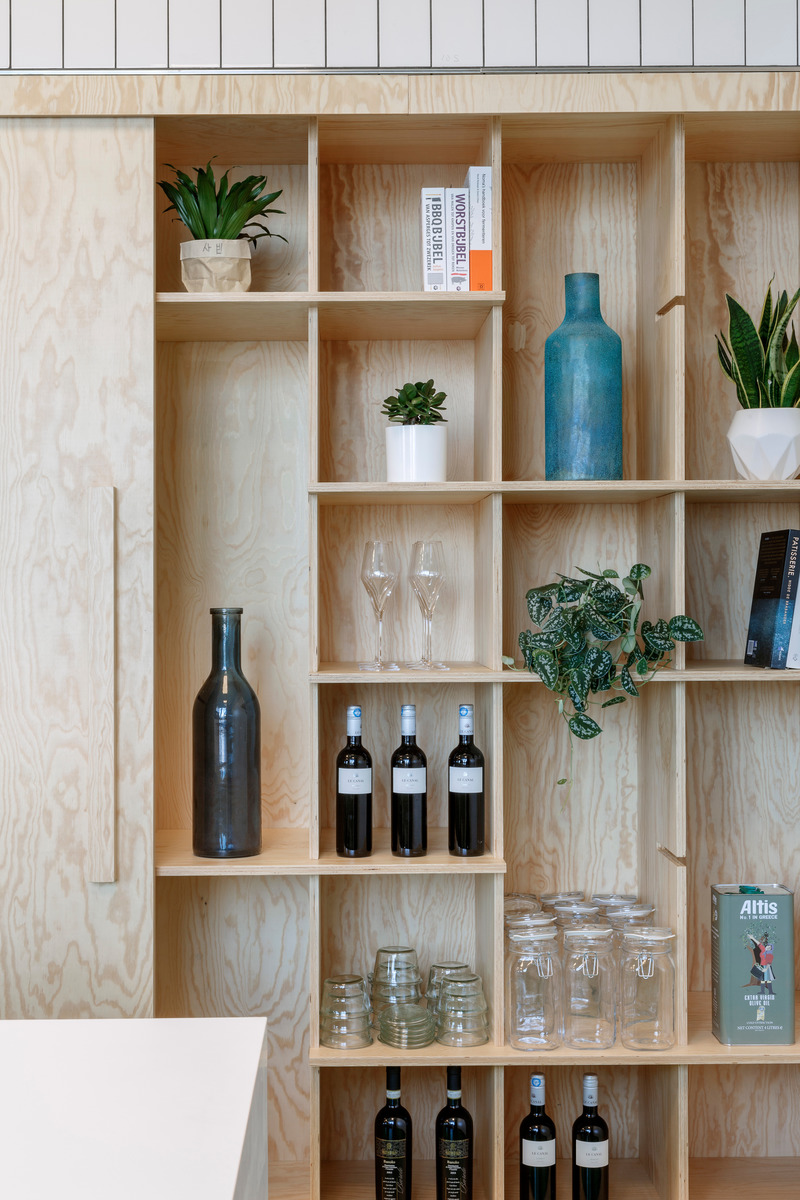
Image très haute résolution : 12.8 x 19.2 @ 300dpi ~ 6,5 Mo
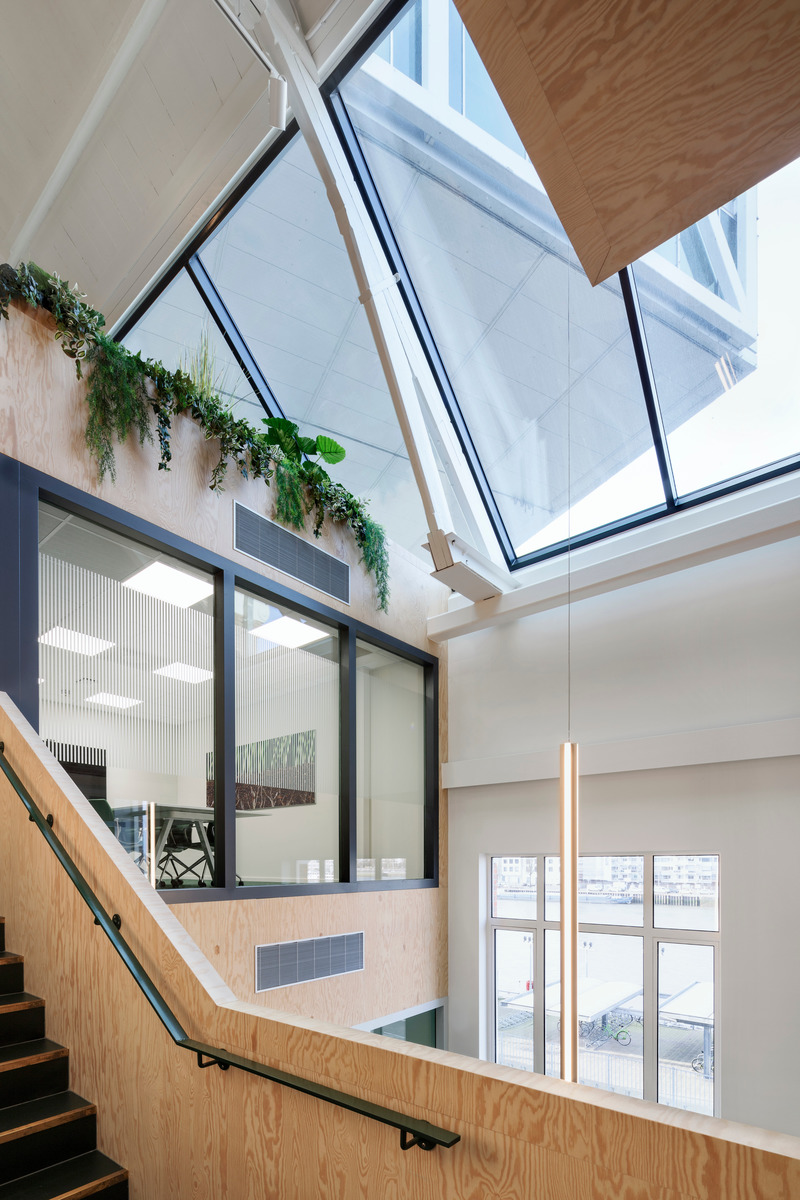
Image très haute résolution : 12.8 x 19.2 @ 300dpi ~ 6,5 Mo
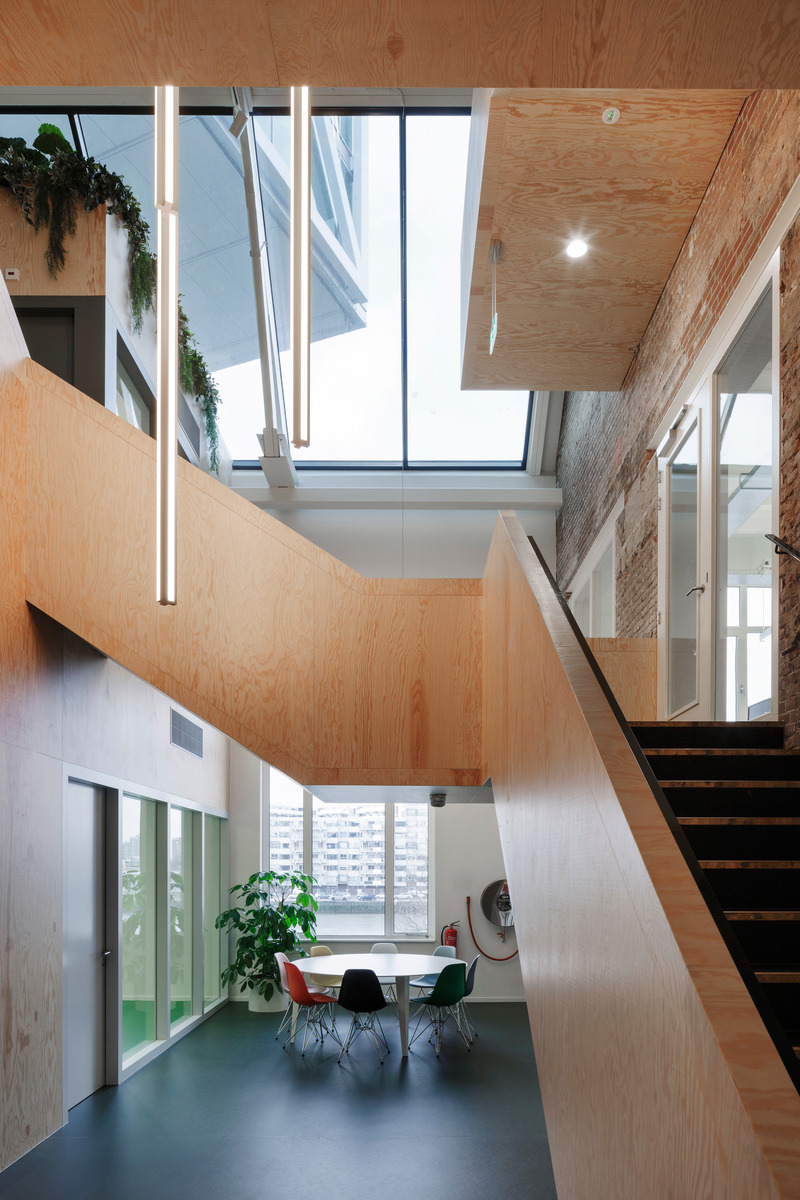
Image très haute résolution : 12.8 x 19.2 @ 300dpi ~ 6,4 Mo
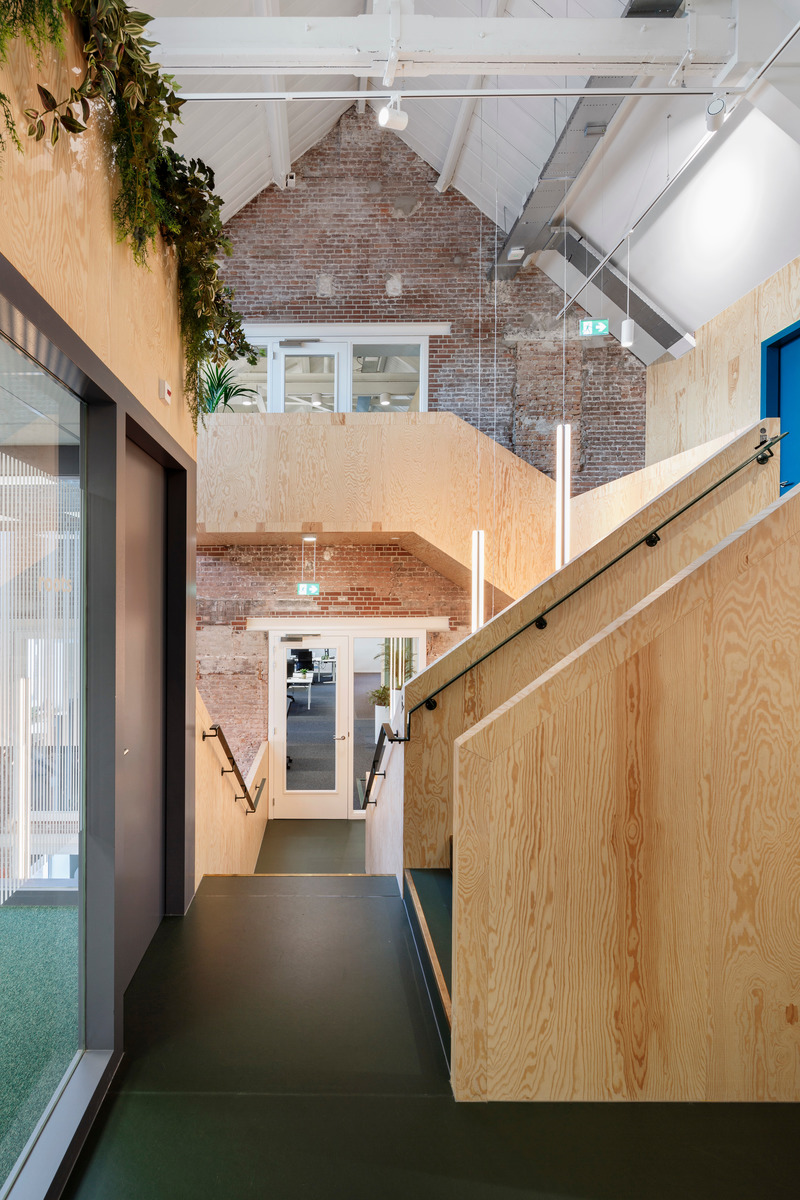
Image très haute résolution : 12.8 x 19.2 @ 300dpi ~ 5 Mo
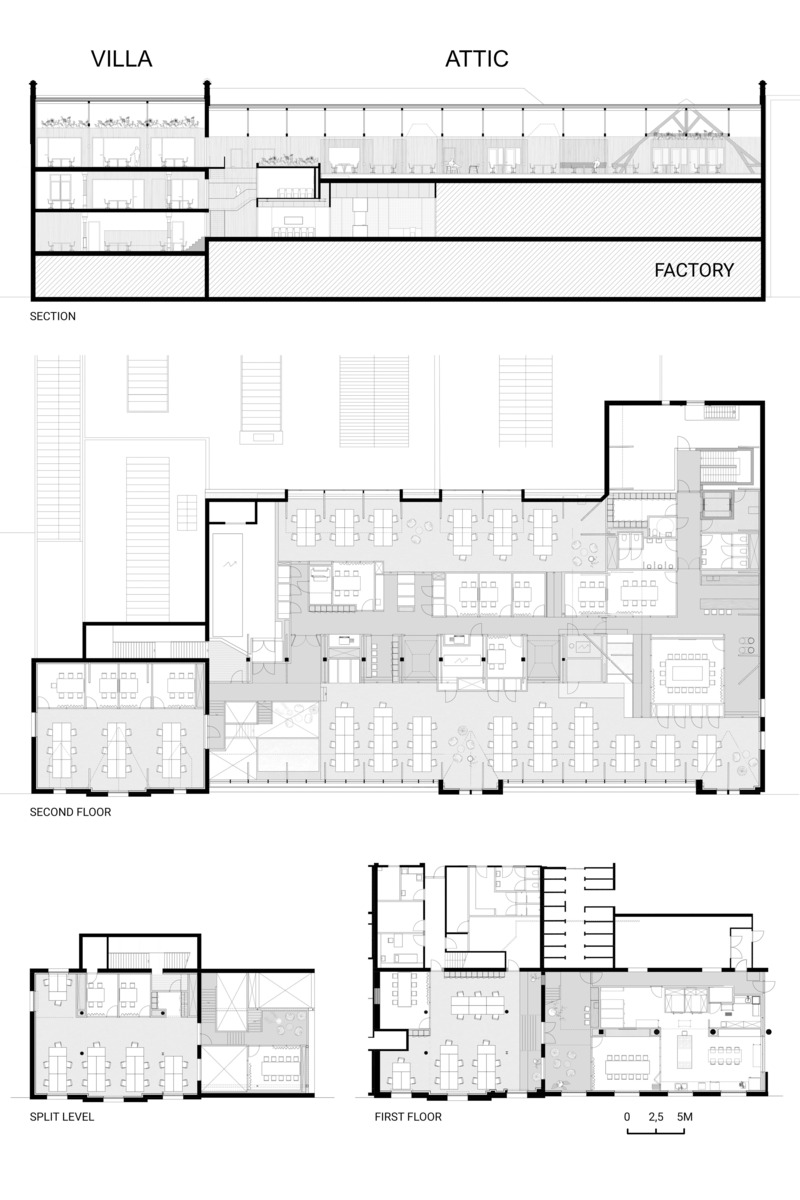
Image très haute résolution : 12.8 x 19.2 @ 300dpi ~ 3,4 Mo
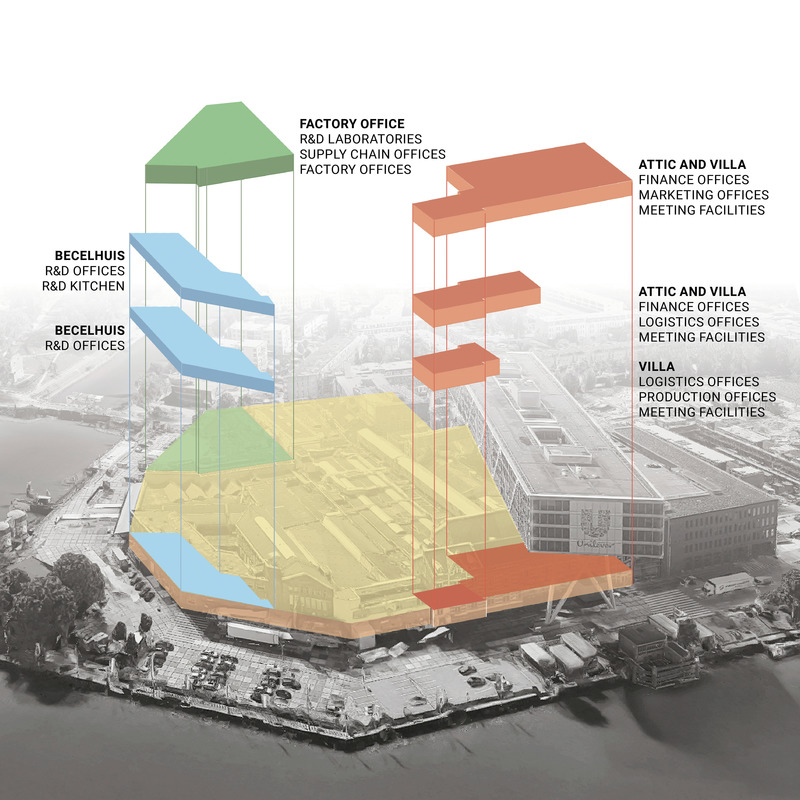
Image haute résolution : 12.8 x 12.8 @ 300dpi ~ 4,4 Mo
